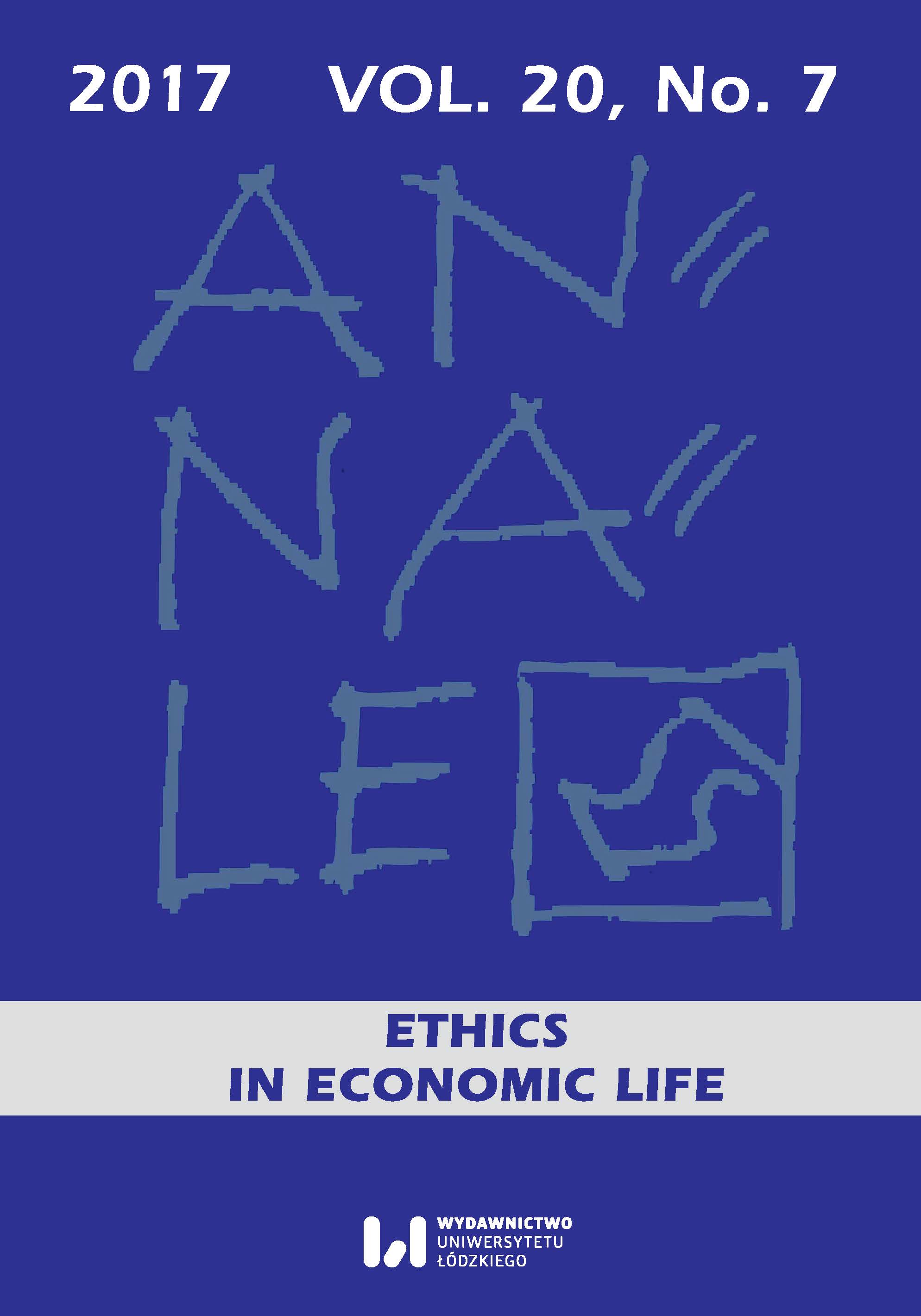Remarks on the genesis of UNRRA. Negotiations between the Great Powers and selected treaty provisions
DOI:
https://doi.org/10.18778/1899-2226.20.7.12Keywords:
UNRRA, Roosevelt, economic aid, hungerAbstract
As a conceptual framework, UNRRA referred to one of the four freedoms (freedom from want) mentioned by Franklin D. Roosevelt in a speech given in Congress on January 6, 1946. In the first section, the article presents early attempts to coordinate assistance for the civilian population during World War II (The Committee of Supplies and The Inter-Allied Committee on European Post-War Requirements). The scale of actions taken was very small and insufficient. In January 1942, the USSR proposed the creation of an international organization that would collect information on raw materials and food. This initiative prompted Washington and London to launch a separate competitive project. The organization’s task was to bring help until the state gained economic independence. Therefore, the organization’s goal was not to rebuild the areas affected by war damage in the long term (rehabilitation not reconstruction). In the main part, the article presents the basic issues in dispute when creating the principle of allocating aid, for example, the requirement of consent of the receiving state to receive gifts or the composition of organs of the organization. For this purpose, the exchange of notes between Washington and London was analyzed. Differences of opinions delayed the signing of the contract which did not take place until November 1943.
References
Beavans, Ch. (Ed.). (1969). Treaties and other international agreements of the United States of America (1776–1949), 1931–1945 (Vol. III). Washington: Multilateral.
Google Scholar
Brzeziński, A. M. (1998). Z polityki rządu RP na uchodźstwie wobec UNRRA (1943– 1945). Przegląd Zachodni, 2, 89–113.
Google Scholar
Davies, N. (2008). Europa walczy 1939–1945. Nie takie proste zwycięstwo (E. Tabakowska, Trans.). Kraków: Znak.
Google Scholar
Drama in Atlantic City. (1943, December 6). Time.
Google Scholar
Foreign Relations of the United States Diplomatic Papers. (1942).
Google Scholar
Foreign Relations of the United States Diplomatic Papers. (1943).
Google Scholar
Jachowicz, P. (1998). Działalność UNRRA w Polsce. Zeszyty Naukowe Wyższej Szkoły Informatyki i Zarządzania w Rzeszowie, 2, 41–55.
Google Scholar
Kaliński, J. (2004). Historia gospodarcza XIX i XX w. Warsaw: Polskie Wydawnictwo Ekonomiczne.
Google Scholar
Łaptos, J. (2001). Stanowisko rządu PR na uchodźstwie wobec UNRRA w latach 1943–1945. Prace Komisji Środkowoeuropejskiej, 9, 157–178.
Google Scholar
Nevins, A. (1963). Herbert Lehman and his era. New York: Charles Scribners Sons.
Google Scholar
Plan of Campaign. (1943, 22 November). Time.
Google Scholar
Reinisch, J. (2008). Introduction: Relief in the aftermath of war. Journal of Contemporary History, 43(3), 371–404.
Google Scholar
Rozbick, M. J., & Michałek K. (Eds.). (1994). A selection of sources on the history and culture of the United States of America. From colonization to 1945. Warsaw: Wydawnictwa Uniwersytetu Warszawskiego.
Google Scholar
Stańczyk, Z. L. (2007, September 14). Herbert Hoover a Polska. Przegląd Polski.
Google Scholar
Tarka, K. (2003). Wspomnienia M. Sokołowskiego z pracy w UNRRA w latach 1943–45. Zeszyty Historyczne, 145, 169–185.
Google Scholar
Winid, B. (1996). After the Colby Note: The Wilson administration and the Polish-Bolshevik war. Presidential Studies Quarterly, 26(4), 1165–1169.
Google Scholar
Downloads
Published
How to Cite
Issue
Section
License
Copyright (c) 2017 Annales. Etyka w Życiu Gospodarczym

This work is licensed under a Creative Commons Attribution-NonCommercial-NoDerivatives 4.0 International License.









